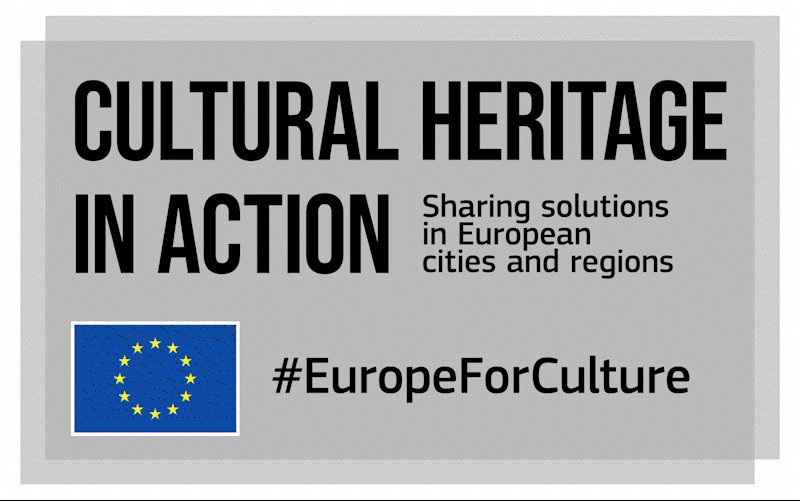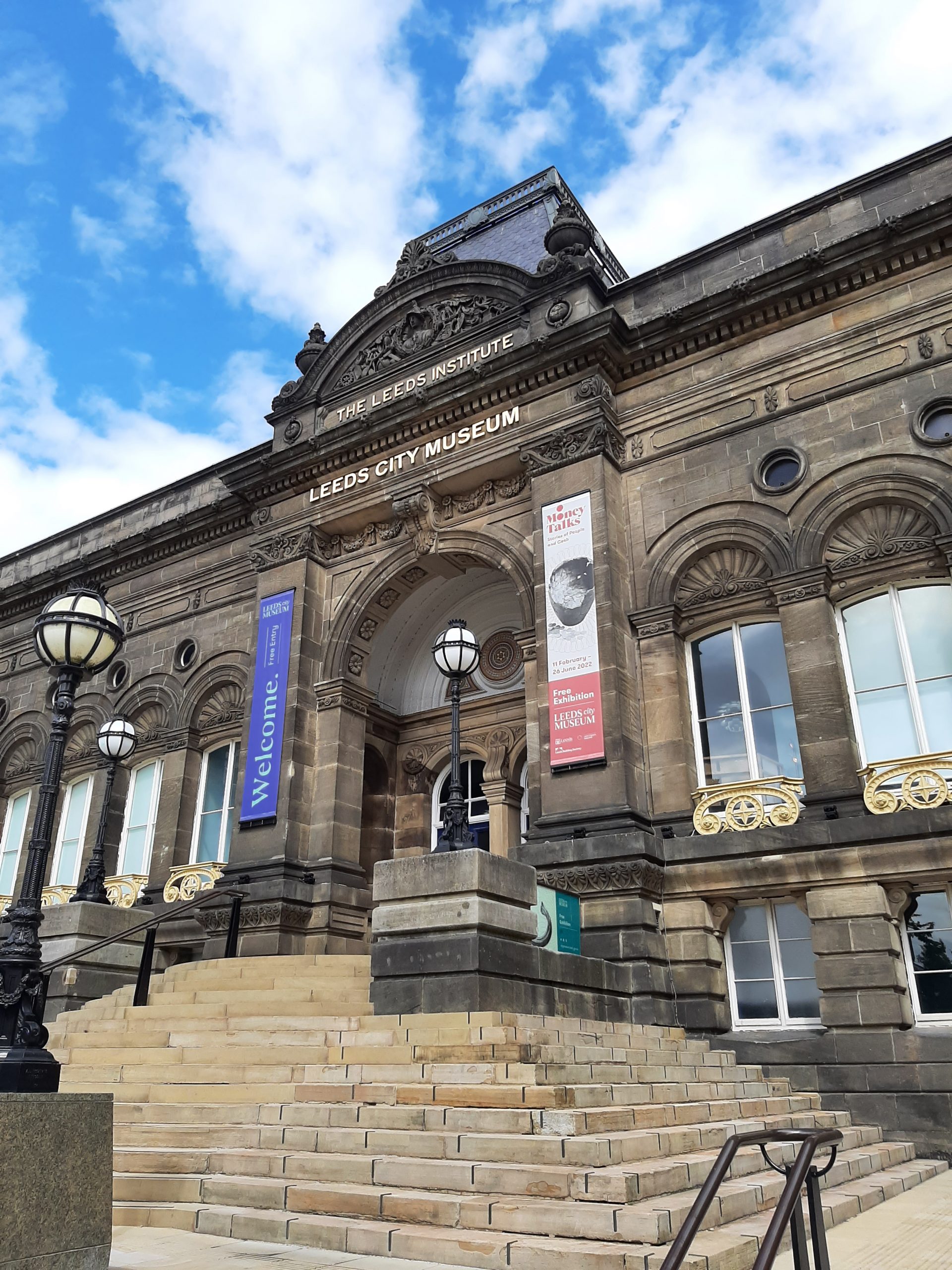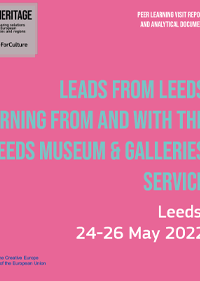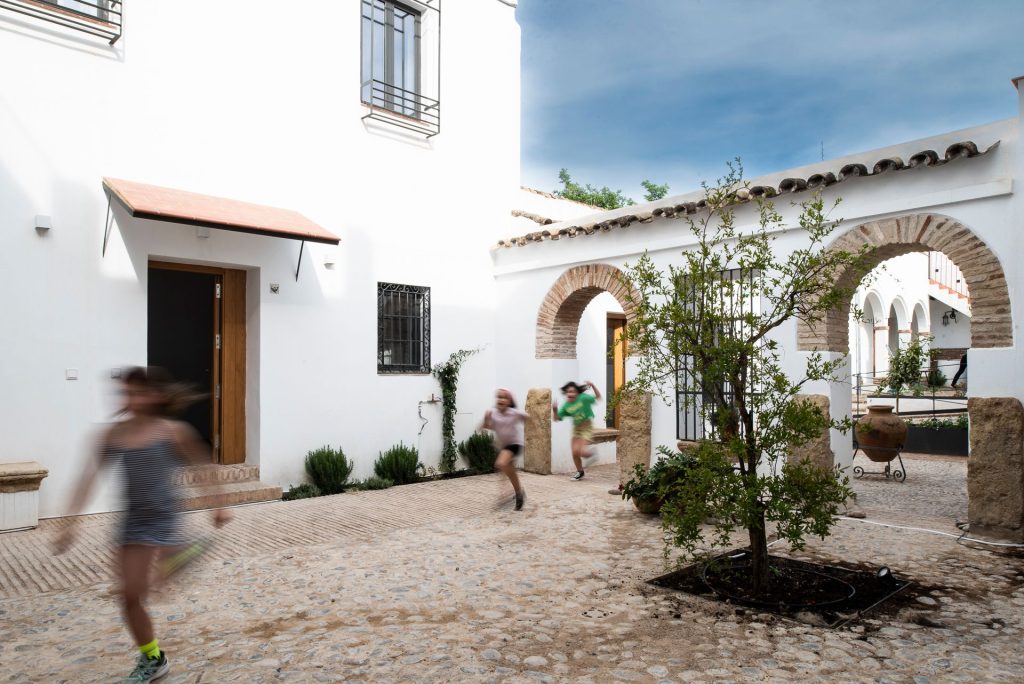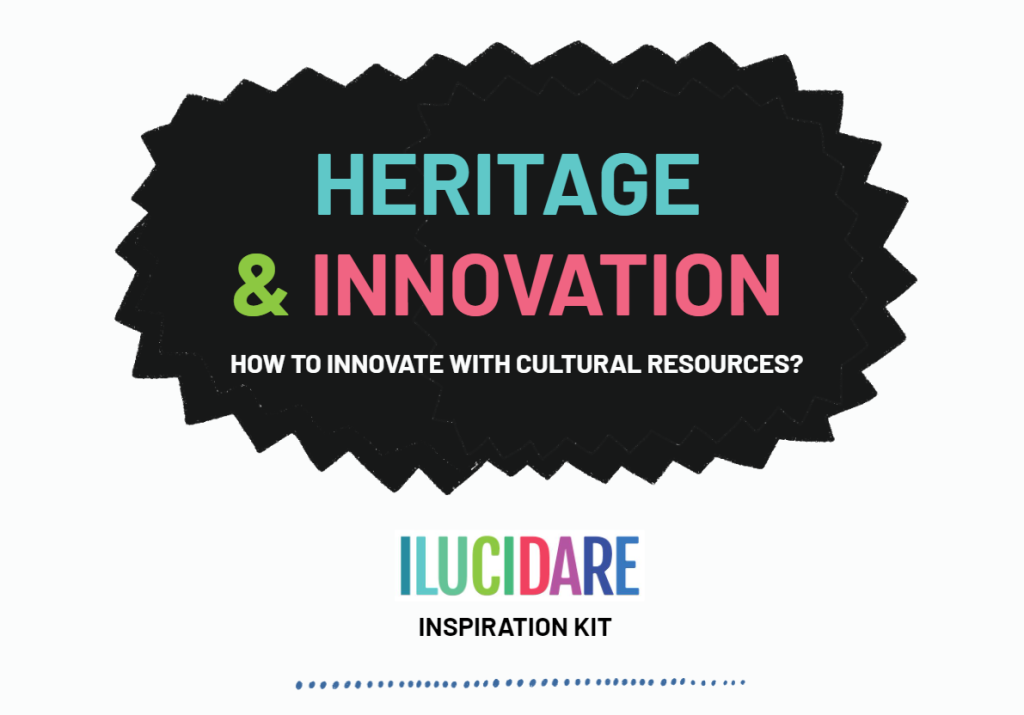Being a fast-growing city, economically, socially and culturally vibrant, Leeds is confronted with several challenges, from environmental issues to poverty and exclusion, especially among the lower-income communities living at the margins. The city is committed to working together across departments and services to reduce inequality through the pillars of inclusive economic growth, health and wellbeing, and being a net carbon zero city by 2030.
Leeds Museums & Galleries (LMG) is one of the largest local authority-run museum services in England with some of the most significant multi-disciplinary collections in the UK. Almost 200 staff members care for 1.3 million objects and manage nine venues. Pre-Covid, venues welcomed almost 1.7 million visitors and over 49,000 schoolchildren. Their websites continue to attract 3.5 million page views, and they have 300,000 followers on social media. LMG contributes at least £24 million a year to the local economy. Its success would have not been possible without the strong commitment to supporting culture and the arts by Leeds City Council, translated onto the forward-looking, co-created Culture Strategy 2017-30. In particular, the work of LMG complements the culture strategy and supports its ambition of “making Leeds a connected city with a ‘yes’ mentality”.
As a local authority-run museum service, LMG is an important entity for Leeds City Council. Grounded within communities and the structure of the city, it performs a key civic role and is a pivotal organisation for the delivery of cultural and heritage activities at the city’s level. When the pandemic hit, LMG was able to quickly adapt and make innovative use of digital media to maintain and develop contacts with communities, schools, and social media audiences, which in turn has provided the basis for the current recovery work, through curriculum planning, recovery curriculums, and podcasting.
Leeds Museums & Galleries has put in place a vision which is about creating deeper connections with the people they serve by using the collections and heritage sites they care for in order to widen their impact on the community at large. Local authorities-run museums tend to act more as platforms for community building, using their collections as resources that can be activated for responding to a variety of needs of the communities they serve. Two examples are illustrating this tendency:
- The Leeds Curriculum was launched in June 2018. Aiming at raising educational achievement, the Leeds Curriculum provides primary teachers with the resources they need to instruct using a place-based, local approach with which they can teach any subject and any age group. The Curriculum is openly and freely accessible on MyLearning.org, a website hosting free national teaching resources, managed by LMG. In parallel, the LMG School Membership scheme provides access to real museum artefacts, the “loan boxes” to use in classrooms and get support with curriculum planning, teacher training, and access to local resources. Read more about the Leeds Curriculum.
- At the Leeds City Museum, the Preservative Party is a group aged 14-24 years old that meets every week. They have been active since 2010 and have made films, given tours, run events, gone on trips and curated a series of exhibitions. This group is a safe place, where youngsters may explore and discuss issues of interest and concern freely, using the collection and museum resources to self-express and share them with the wider community.
A key principle in the working of LMG is therefore to deliver initiatives that are co-curated and tailor-made to the needs of the city and community they serve, especially in times of recovery from the pandemic. Beyond simply contributing to creating jobs, they invest in the long-term aim of growing communities as well. By bringing objects into classrooms or community spaces, and by complementing this with digital learning packages made available to all, LMG not only builds personalised learning, but they are also creating unique experiences for their audiences and communities alike. The digital element of the service is developed around the notion of interactivity, fun, and entertainment. It is storytelling at its best, with young and old users contributing by sending in their personal take on everyday life.
You can read more in the recently published report from a peer-learning visit organised in Leeds last May 2022: the visit focused on Leeds Museums & Galleries and their work on adaptation and delivering services in times of crisis, including working with local primary schools and fostering digital learning engagement. An online session deep-diving into the governance model of Leeds Museums & Galleries followed, the recording is available here.
